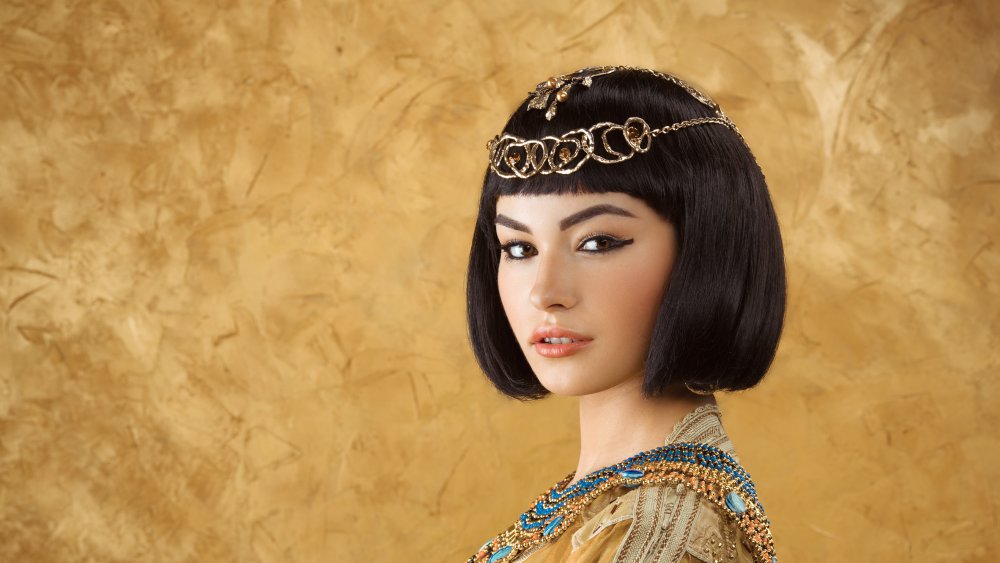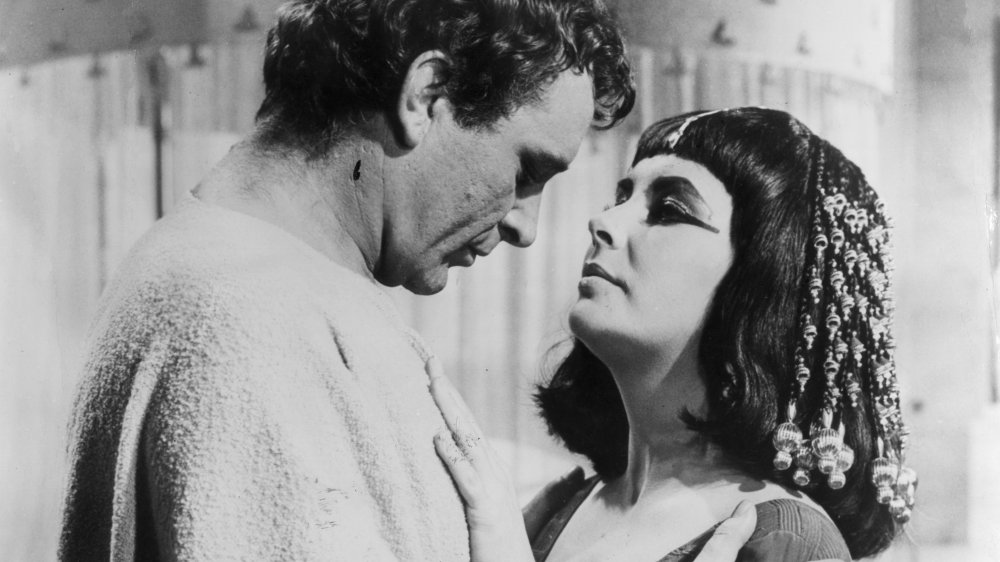The Truth About Cleopatra's Descendants
When Queen Zenobia of Palmyra, in modern-day Syria, invaded Egypt in 270 AD, she did so claiming to be the direct descendant of Cleopatra VII, the penultimate pharaoh of that great society whose memory has been romanticized for centuries since her suspicious death.
But could Zenobia really trace her lineage back to the Egyptian queen, or did it just make political sense to claim descent to another shrewd and powerful female ruler from the region's past?
According to Ancient Origins, claiming Cleopatra as her great-great-great-great... grandma when she conquered Egypt made Zenobia "the most powerful woman of her period," so the political association sounds a bit more plausible. By doing so, Zenobia cast herself "as queen of a state who owed little if no allegiance to its western overlord — in this case, literally in the mold of Cleopatra."
It may appear to be obvious propaganda, but what do historians have to say regarding the truth about Cleopatra's descendants?
Cleopatra's foggy family tree
Cleopatra had four children. Her first, Caesarion, whose dad was Julius Caesar, was killed before having children by emperor Augustus in 30 BC. The other three — a set of twins named Alexander Helios and Cleopatra Selene, and Ptolemy Philadelphus — called Mark Antony papa.
The only one of these to go on to have children was Selene, who married King Juba of Mauretania, a region in Northwest Africa (not to be confused with the present-day country of Mauritania.) Together they ruled over that kingdom, developed its capitol into a cosmopolitan coastal hotspot, and even printed their faces on the coinage of the land. Their son Ptolemy (yes, another) took over as king of Mauretania when his father died, but the lineage probably stops here. Mauretania was annexed by Rome and Ptolemy was later killed by Caligula — one of the weirdest ancient leaders of all—for attracting too much attention with his swag during a gladiator tournament.
Queen Zenobia's claims of being one of Cleopatra's descendants depend on the possible existence of a daughter between Selene and Juba. Ptolemy's maybe sister was maybe named Drusilla, but Tacitus, the historian who recorded her as "the granddaughter of Cleopatra and Antony," may have been mixing up his Drusillas (the name was not uncommon at the time).
Other historians say she was actually Ptolemy's daughter, but it looks like the truth about Cleopatra's descendants remains another one of those things about ancient Egypt that still can't be explained.

